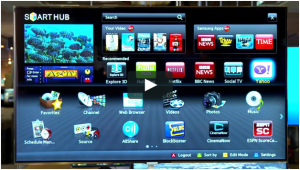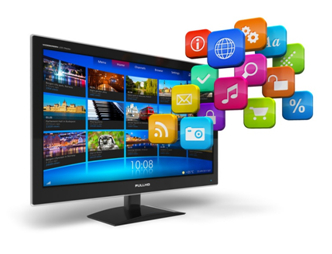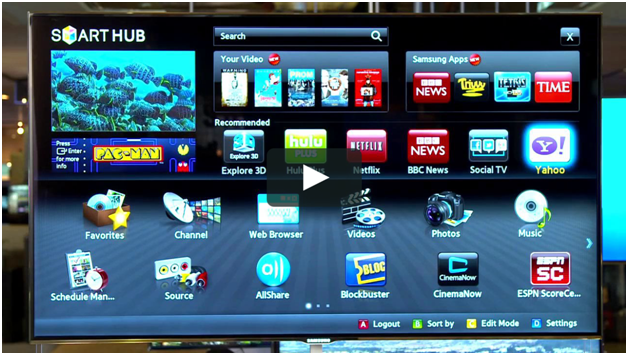
10 breakthroughs in TV technology
Rapid developments in technology have changed the face of home entertainment. Here’s a look at ten shake-ups to the TV industry.
Goodbye CRT
CRT technology was popular from the 1960s, with the beamed colour electrons resulting in dots of green and blue forming the on-screen picture. By the 2000s, LCD was introduced and gained favour to eventually overtake sales of CRTs by 2007.
The Flatscreen
Thinner and lighter than CRT TVs, flatscreens came on the market at the end of the 1990s, with a choice between LCD and Plasma panels. Plasma sets were killed off by the likes of Panasonic in 2014 in favour of more energy efficient LCDs.
LED
Instead of the CCFL lamps utilised in LCD sets, LEDs are used to form either a back-lit or an edge-lit panel.
OLED
A move up from LED, OLED technology sees individual pixels light up, resulting in richer colour contrast and faster refreshing. Screens can be incredibly thin and even flexible, but they are still far pricier.
High Definition
HD provides sharper, more vibrant pictures with as much as five times the resolution of 1080p TVs. An increasing number of free and paid for HD channels are now available.
Taking HD to the Extreme
4K or Ultra HD offers at least four times the pixel resolution as HD for even clearer, more detailed images.
3D
While cinematic 3D has had some success, home 3D TV was more of a fad that failed to take momentum. The BBC reported that Samsung abandoned production in 2016, and Sony and LG in 2017.
Going Digital
Between 2008 and 2012, the analogue switch-over saw a move to digital TV and a signal boost to enable 26 million homes to receive Freeview. Various benefits came with this, including digital radio, channel guides, and interactive services.
Of course, technology can still go wrong and if it does, seek out a reliable repair provider such as Evesham TV aerial repair who list their various services online at http://steveunettaerials.co.uk/services/tv-aerials-repair-installation-evesham/.
Internet Capabilities
Smart TVs with internet connection are now more popular and affordable, with apps to access subscription content, streaming services and more.
On-Demand Services
Viewers can now take full control over what, when and how they watch television through subscription services such as Netflix, and video on demand boxes to pause or record programs.


Leave a reply